 onlinediplomasales@outlook.com
onlinediplomasales@outlook.com
 WhatsApp: +86 15079964823
WhatsApp: +86 15079964823
where to buy yale university diploma certificate?
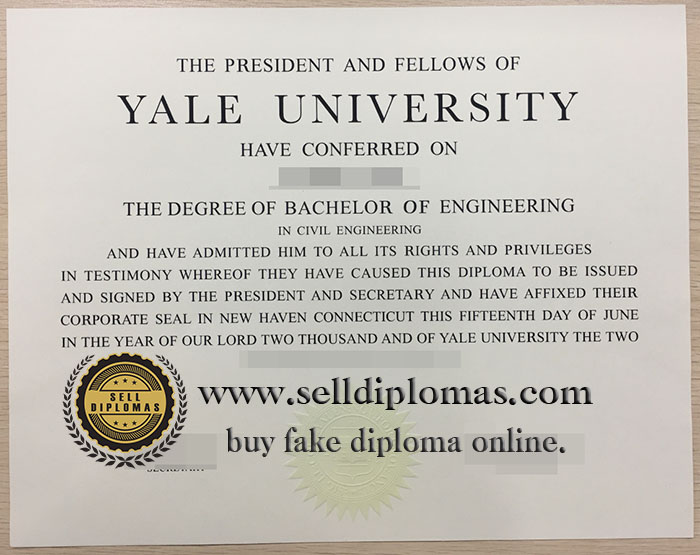
We can reproduce your scan with Realistic accuracy. Fully recreated from your digital image, we can replicate your original seals, emblems, font, and logos with the FASTEST TURNAROUND TIME IN THE BUSINESS and most accurate!
Yale University is a private Ivy League research university in New Haven, Connecticut. Founded in 1701, Yale is the third-oldest institution of higher education in the United States, and one of the nine colonial colleges chartered before the American Revolution.
Yale was established as the Collegiate School in 1701 by Congregationalist clergy of the Connecticut Colony. Originally restricted to instructing ministers in theology and sacred languages, the school’s curriculum expanded, incorporating humanities and sciences by the time of the American Revolution. In the 19th century, the college expanded into graduate and professional instruction, awarding the first PhD in the United States in 1861 and organizing as a university in 1887. Yale’s faculty and student populations grew rapidly after 1890 due to the expansion of the physical campus and its scientific research programs.
Yale is organized into fourteen constituent schools, including the original undergraduate college, the Yale Graduate School of Arts and Sciences and Yale Law School. While the university is governed by the Yale Corporation, each school’s faculty oversees its curriculum and degree programs. In addition to a central campus in downtown New Haven, the university owns athletic facilities in western New Haven, a campus in West Haven, and forests and nature preserves throughout New England. As of 2023, the university’s endowment was valued at $40.7 billion, the third largest of any educational institution. The Yale University Library, serving all constituent schools, holds more than 15 million volumes and is the third-largest academic library in the United States. Student athletes compete in intercollegiate sports as the Yale Bulldogs in the NCAA Division I Ivy League conference.
As of October 2020, 65 Nobel laureates, five Fields medalists, four Abel Prize laureates, and three Turing Award winners have been affiliated with Yale University. In addition, Yale has graduated many notable alumni, including five U.S. presidents, 10 Founding Fathers, 19 U.S. Supreme Court Justices, 31 living billionaires,[11] 54 college founders and presidents, many heads of state, cabinet members and governors. Hundreds of members of Congress and many U.S. diplomats, 78 MacArthur Fellows, 263 Rhodes Scholars, 123 Marshall Scholars, 81 Gates Cambridge Scholars, 102 Guggenheim Fellows and nine Mitchell Scholars have been affiliated with the university. Yale’s current faculty include 67 members of the National Academy of Sciences, 55 members of the National Academy of Medicine, 8 members of the National Academy of Engineering, and 187 members of the American Academy of Arts and Sciences.
Yale traces its beginnings to “An Act for Liberty to Erect a Collegiate School”, a would-be charter passed during a meeting in New Haven by the General Court of the Colony of Connecticut on October 9, 1701. The Act was an effort to create an institution to train ministers and lay leadership for Connecticut. Soon after, a group of ten Congregational ministers, Samuel Andrew, Thomas Buckingham, Israel Chauncy, Samuel Mather (nephew of Increase Mather), Rev. James Noyes II (son of James Noyes), James Pierpont, Abraham Pierson, Noadiah Russell, Joseph Webb, and Timothy Woodbridge, all alumni of Harvard, met in the study of Reverend Samuel Russell, located in Branford, Connecticut, to donate their books to form the school’s library. The group, led by James Pierpont, is now known as “The Founders”.
A front view of “Yale-College” and the college chapel, printed by Daniel Bowen in 1786
Known from its origin as the “Collegiate School”, the institution opened in the home of its first rector, Abraham Pierson, who is today considered the first president of Yale. Pierson lived in Killingworth (now Clinton). The school moved to Saybrook in 1703 when the first treasurer of Yale, Nathaniel Lynde, donated land and a building. In 1716, it moved to New Haven, Connecticut.
Meanwhile, there was a rift forming at Harvard between its sixth president, Increase Mather, and the rest of the Harvard clergy, whom Mather viewed as increasingly liberal, ecclesiastically lax, and overly broad in Church polity. The feud caused the Mathers to champion the success of the Collegiate School in the hope that it would maintain the Puritan religious orthodoxy in a way that Harvard had not.Rev. Jason Haven, the minister at the First Church and Parish in Dedham, Massachusetts, had been considered for the presidency on account of his orthodox theology and for “Neatness dignity and purity of Style [which] surpass those of all that have been mentioned”, but was passed over due to his “very Valetudinary and infirm State of Health”.
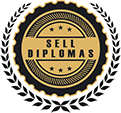


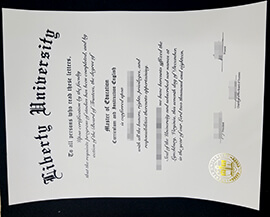
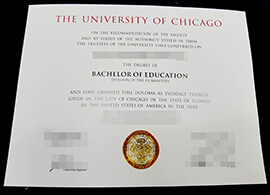
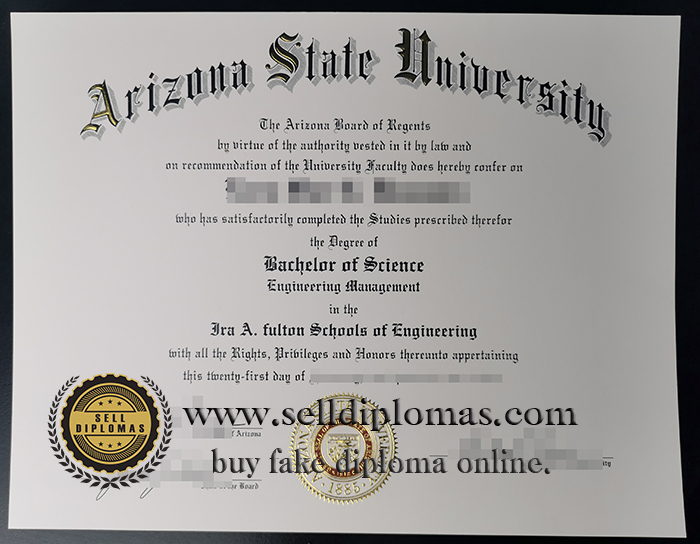
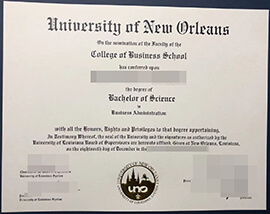
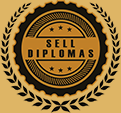
 WeChat Code
WeChat Code 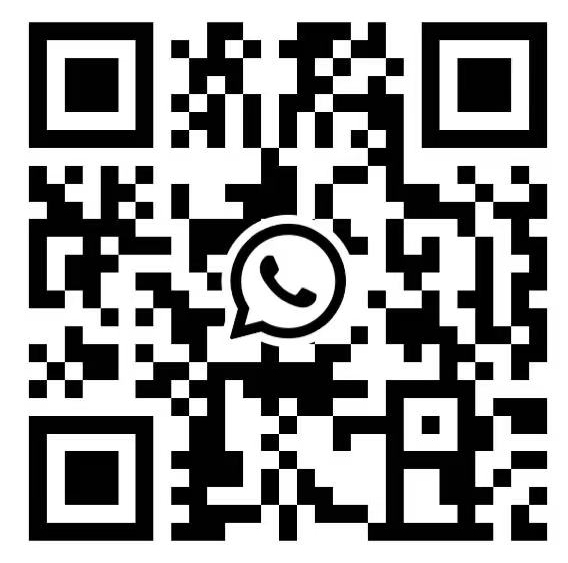 WhatsApp Code
WhatsApp Code